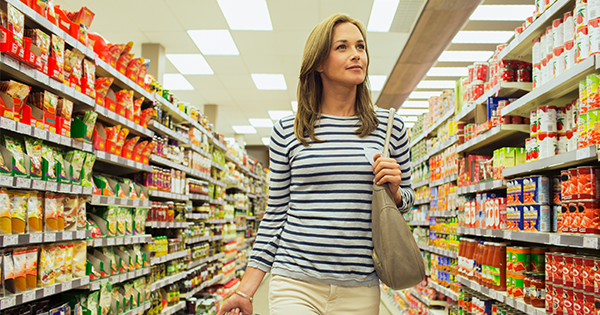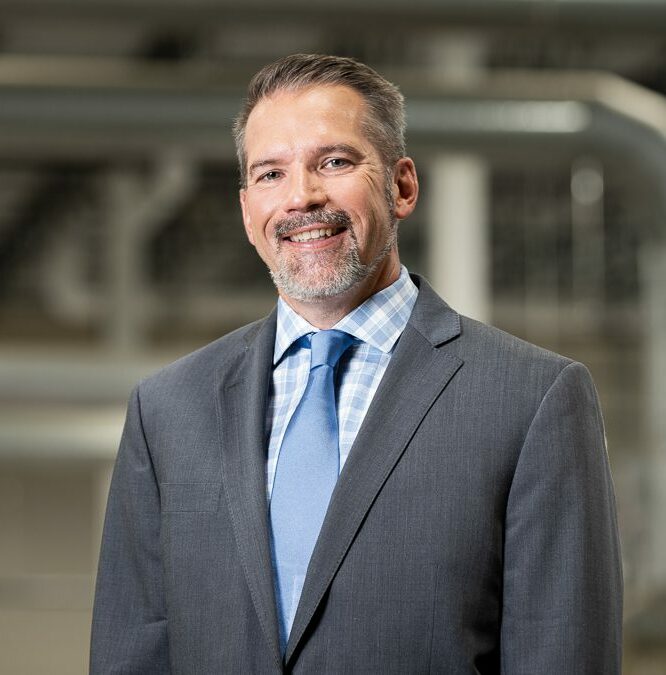
Consumer demand for eco-friendly packaging is on the rise. Gone are the days when convenience trumped environmental responsibility. Today, brands are scrambling to find innovative solutions that meet this growing demand. In the world of flexible packaging, a sector known for its lightweight and protective qualities, exciting advancements are being made in sustainability.
The Flexible Packaging Paradox
Though undeserved, flexible packaging gets a bad rap sometimes. Images of plastic chip bags and candy wrappers overflowing landfills come to mind. However, the story isn’t so black and white. Flexible packaging often uses less material than rigid alternatives like glass jars or cardboard boxes. This translates to lower energy consumption during production and transportation. According to the Flexible Packaging Association (FPA), flexible packaging can have a lower environmental impact throughout its lifecycle compared to other options, especially when considering food waste reduction.
The challenge lies in the “end-of-life” stage. Traditionally, most flexible packaging hasn’t been readily recyclable. This is where innovation comes in.
Recyclable Films: Closing the Loop
Another exciting development is the rise of recyclable films. These films are made from traditional plastics but are designed to be compatible with existing recycling streams. Frito Lay, a PepsiCo subsidiary, is a leader in this area. Their Lay’s potato chip bags are now made with a recyclable film, allowing consumers to dispose of them responsibly.
Bio-Based and Compostable Packaging: From Shelf to Soil
Bio-based plastics are derived from renewable resources like corn starch or sugarcane. These materials offer a significant advantage – they can decompose much faster than traditional plastics in industrial composting facilities.Compostable packaging takes the bio-based concept a step further. These packages are not only derived from renewable resources but are also designed to break down completely in a home compost bin. While this technology is still in its early stages, it holds immense promise for a future with minimal packaging waste.
Case in point, in 2022 PepsiCo introduced a bio-based bag for Frito-Lay SunChips as part of its sustainability initiatives. Made from polylactic acid (PLA), a plant-based material, the bag was designed to be fully compostable under the right conditions, significantly reducing its environmental impact compared to traditional plastic packaging. Successfully producing a home compostable structure, including print and barrier films, the bag was engineered to degrade even if littered. This innovation aimed to decrease reliance on petroleum-based plastics and promote more eco-friendly packaging solutions. PepsiCo also established a supply chain for these films, which they continue to optimize. This latest initiative marks a significant step towards more sustainable packaging in the snack industry.
Reduced Material Usage: Less is More
One of the simplest yet impactful ways to achieve sustainability is to use less material in the first place. Advancements in film technology allow for thinner, stronger, and more efficient packaging. This reduces the overall environmental footprint without compromising product protection.
Vonco: Leading the Charge
Vonco is a leading manufacturer of flexible packaging solutions and sustainability is a core value. We are actively involved in developing and implementing innovative sustainability technologies. We routinely collaborate with brands to explore bio-based materials, invest in research for improved recyclability, and continuously refine manufacturing processes to minimize material usage.
The Road Ahead
The future of sustainable flexible packaging is bright. As these innovations continue to develop and become more cost-effective, we can expect to see a significant shift in the industry. Collaboration between manufacturers, brands, and consumers is key to achieving this goal. By educating consumers about proper disposal methods and investing in infrastructure for efficient recycling and composting, we can create a closed-loop system where flexible packaging serves its purpose without leaving a lasting environmental impact.
The next time you reach for a bag of chips or a juice box, take a moment to consider the packaging. Look for brands that are embracing sustainable solutions and doing their part to protect the planet. Together, we can ensure that our flexible packaging choices are as convenient as they are eco-friendly.
